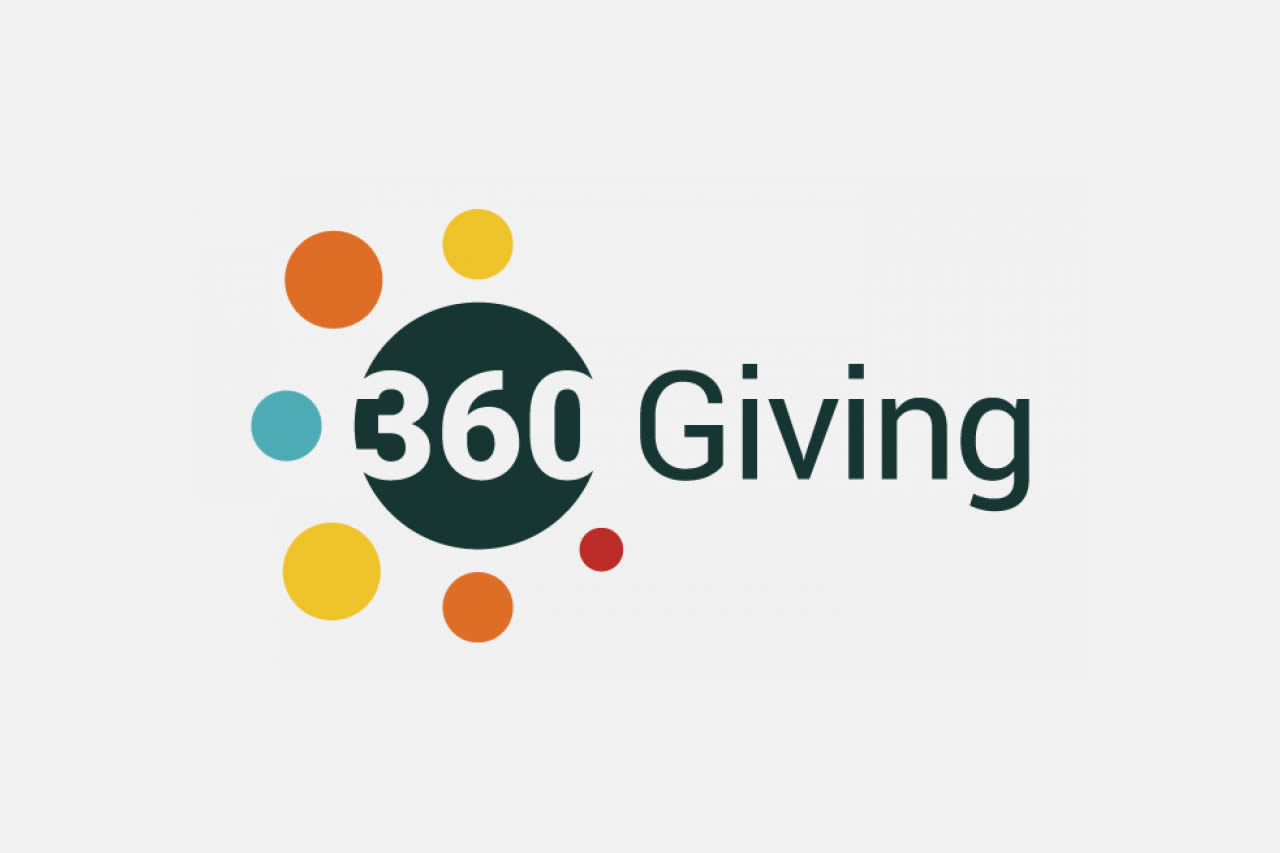At Spirit of 2012, our funding decisions were guided by a clear strategy, which was updated and reviewed annually. Although we have now concluded our grant funding, we have published our approach, insights, and resources here to inspire and inform others seeking to create their own funding strategy.

Funding Strategy

How we allocated funding
Spirit of 2012 was established with a £47 million endowment from The National Lottery Community Fund. Our strategy focused on funding projects that brought people together through arts, sports, volunteering and other inclusive activities. We wanted to make sure these projects not only delivered immediate benefits but also created sustainable and long-term social impact.
Spirit of 2012 funded through a mix of soliciting application directly from organisations involved in UK event and open funding rounds designed to achieve specific outcomes. We did not accept unsolicited applications. Many of both the open and closed funding rounds were mapped out from our inception, based on the pipeline of major events and anniversaries known to us at the time, though we also had the flexibility to design new funding rounds in response to other events, or based on gaps in our evidence base.
All grant funding decisions above £50,000 were made by the Board.
Key to our approach was our commitment to creating priority areas for our funding. By focusing on young people, disabled people and other groups often excluded from participation, we aimed to break down barriers and create opportunities for everyone to engage as equals.

Our Priorities
Our funding strategy was built around the following priorities designed to maximise our impact:
- Achieving positive social outcomes
All Spirit grantees were encouraged to include a flexible pot of funding as part of their grant award ringfenced to cover access costs for those that faced barriers to taking part. Access funds could cover any additional expenses for the project to increase inclusion, for example the hire more accessible spaces or equipment, or personal costs for participants for example taxis or travel costs, carers costs.o understand what works and how to scale successful approaches. Every project we funded addressed clear objectives tied to wellbeing, social cohesion and disability inclusion. - Fostering participation across communities
We prioritised projects that brought people from diverse backgrounds together to share experiences, ideas and opportunities. - Local solutions to build stronger communities
We supported initiatives shaped by the needs of local communities, empowering local people to play a leading role in decision-making. - Supporting partnerships
Collaboration was at the heart of our work. From national sporting organisations to local community groups, we funded partnerships that combined expertise and resources to amplify their impact. - Encouraging innovation and learning
Through smaller grants and our Incubation Fund, we supported innovative approaches and research projects that tested new ideas and turned evidence into practice.
Our funding strands
To deliver on our priorities, we organised our funding across three key strands:
- Creative: Supporting projects that fostered creativity and cultural engagement, strengthened inclusion and provide opportunities for people to develop and celebrate their talents.
- Active: Enabled the least physically active in society to engage in sport and physical activities that improved wellbeing and social connections.
- Connected: Promoted social action and volunteering, supported local communities to address issues that mattered most to them and bringing people together as equals to create stronger social bonds.
Our 2023 Impact Report described how we spent our endowment against these three strands:
MORE PEOPLE ARE GETTING ACTIVE |
MORE PEOPLE ARE GETTING CREATIVE |
MORE PEOPLE ARE GETTING CONNECTED |
£13.3Min 59 grants in our active portfolioFocuses on increasing physical activity among the least active individuals. Projects provide a range of activities tailored to people’s needs, explore what interventions work best, offer peer support and mentoring, open pathways to other sports, scale successful strategies, and foster social interaction beyond the activities themselves. |
£12.5Min 39 grants in our creative portfolioAimed at nurturing creativity through various art forms. Projects offer sustained arts participation, investigate how arts engagement impacts personal and community feelings, provide leadership opportunities in art production, encourage talent development and showcasing, create volunteering and employment pathways, and celebrate diversity and inclusion. |
£21.1Min 45 grants in our connected portfolioDesigned to unite people from diverse backgrounds, especially younger people, to positively impact their communities. Projects offer volunteer opportunities, promote equal participation regardless of background, support local problem-solving initiatives, build social capital, and enhance community connections.
|
Committing to transparency and evaluation
We believed in being open and accountable with every funding decision we made. Our funding criteria and outcomes were always clearly explained and accessible, alongside how we were going to assess applications. Whether successful or unsuccessful we sought to give high quality feedback to all applicants.
Evaluation and learning was a constant in our work, and grant holders could allocate up to 10% of their grant on external and/or internal evaluation. This commitment to learning helped us shape smarter funding decisions and gather valuable insights to share with others.
Access Funding
All Spirit grantees were encouraged to include a flexible pot of funding as part of their grant award ringfenced to cover access costs for those that faced barriers to taking part. Access funds could cover any additional expenses for the project to increase inclusion, for example the hire more accessible spaces or equipment, or personal costs for participants for example taxis or travel costs, carers costs.
Funding Strategy: Who and what we funded
We did not accept unsolicited applications. We advertised opportunities to apply to us, and when those are live any of the following types of organisation could apply to us for funding:
- Charities registered in the UK;
- Voluntary and Community Organisations (with a formal constitution);
- Social Enterprises and Community Interest Companies (CICs);
- Statutory Bodies including local authorities and their agents;
- Consortia (made up of eligible organisations) with a named lead delivery organisation;
- Private companies (providing Spirit grants are ring-fenced for charitable purposes and do not contribute to profits).
Organisations that applied to Spirit must put together clear, honest, specific and realistically budgeted applications using the forms we provide. Costs must be proportionate to the nature and size of the project, the proposed outcomes and to the applicant organisation. We published every grant opportunity on our website with an application form and an Information Pack. The pack contains grant specific guidance about the costs we can support and to what level. Here are some general principles that we applied across all our grants.
What we could fund:
1. Programme related costs, including staffing and overheads. These may be:
- Staff fully or partly working on the project
- Management time proportionately related to the project
Operating costs directly incurred as a result of managing the project.
2. We did not fund capital projects. Applicants may allocate a small proportion of the project budget (usually no more than 10% – this will vary depending on the grant round) to the cost of equipment needed to deliver the outcomes.
3. Spirit allowed higher allocations towards equipment for projects whose primary purpose is to reduce or remove barriers to the participation of disabled people, those with impairments or life-limiting conditions.
4. We strongly encouraged learning and external monitoring and encourage applicants to allocate between 5-10% to external monitoring and evaluation. We clarify the level within each funding round.
Spirit will consider contributing to applicants’ core operating costs. These must be proportionate to the grant and justified in the supporting documentation. Again, each grant round will offer further guidance on this.
We could not fund:
- Costs (including notional costs) that have already been incurred before the formal grant agreement except by explicit prior agreement;
- Elements of work that duplicate funding provided by another body;
- Contributions to reserves or the payment of debts;
- Provision of services that are the responsibility of Government or another Statutory Body;
- Political campaigns;
- The promotion of religion;
- Projects for/with animals;
- Individuals directly;
- Work that happens outside the UK.
When there are open Spirit funding programmes we will post all the information applicants need to apply on our website. This will include specific eligibility requirements for the funding available. All Spirit funding must be invested in projects which deliver the outcomes of our Theory of Change.
360Giving
Spirit of 2012 published grant funding information with the 360Giving to openly share grant data, fostering transparency and enabling better funding decisions..
Using the 360Giving data standard, our awarded grants since 2014 are available as a .xlsx file below.

